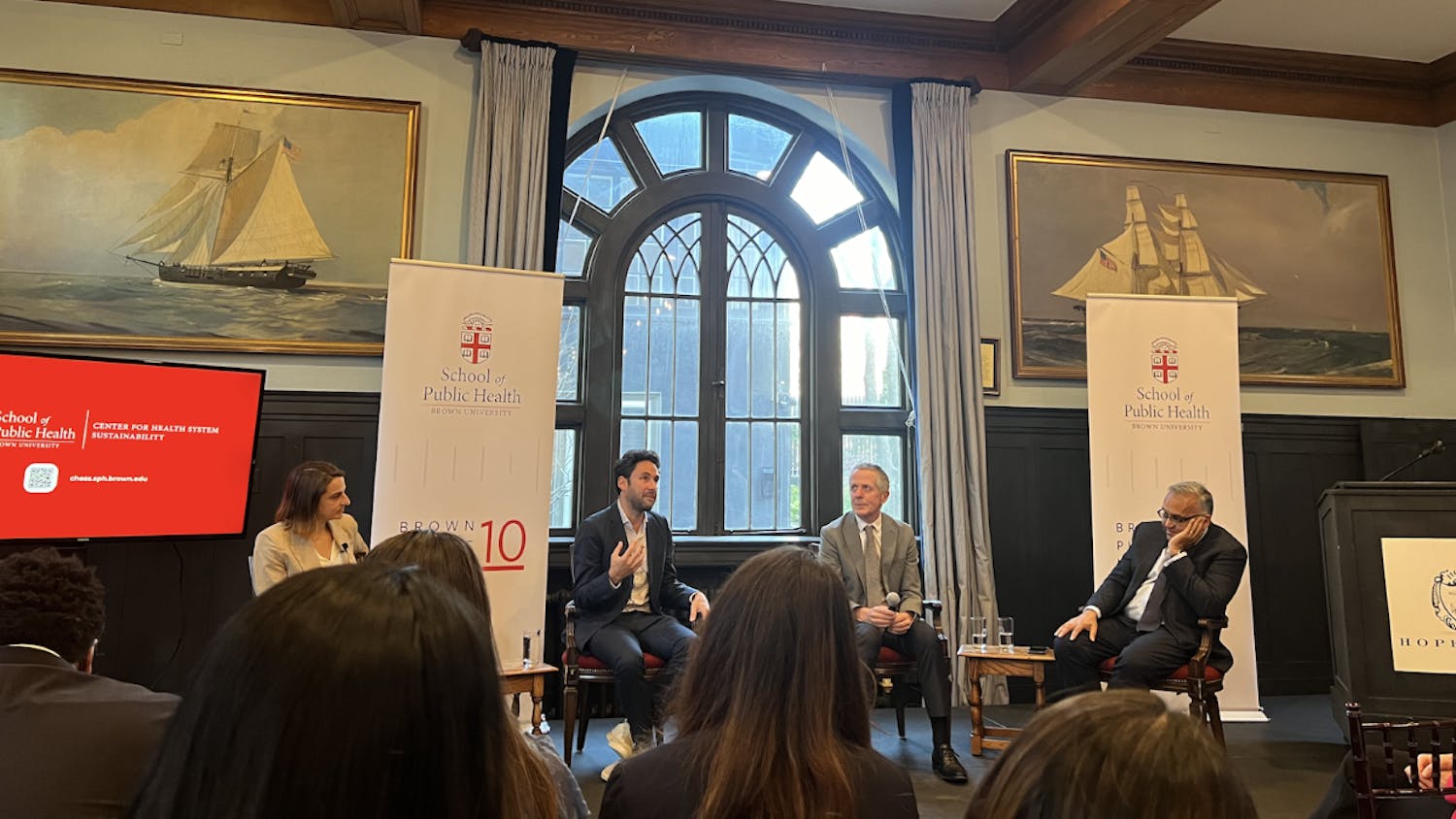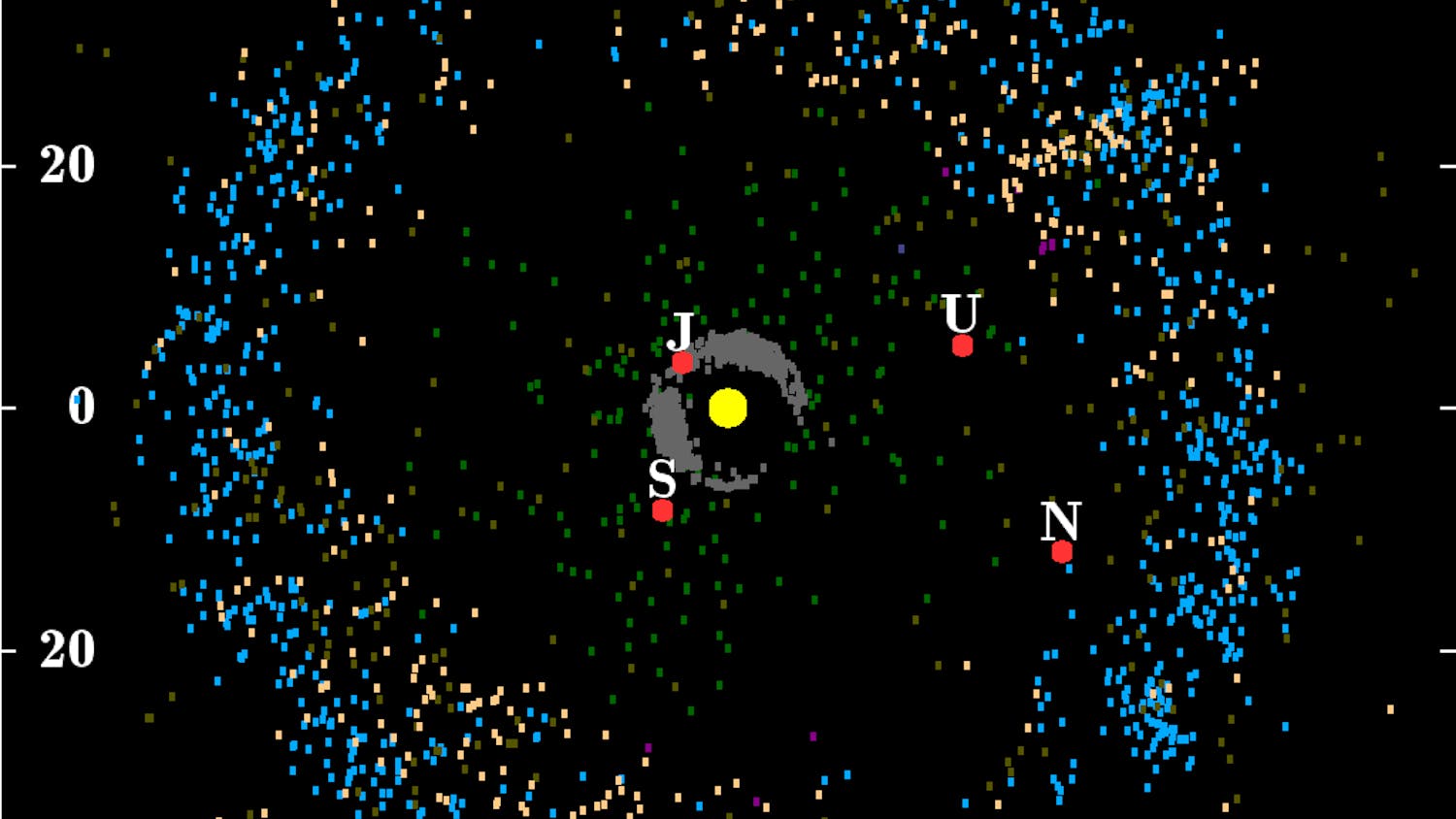Faculty from a variety of departments representing diverse projects received the 2018 Research Seed Awards. Since 2003, The Office of the Vice President for Research has been distributing these awards to faculty members with promising new ideas, said Amy Carroll, director of research development.
The process of awarding this year’s Seed funds started at the beginning of the academic year when a call for applicants was released. Proposals were then reviewed by Brown faculty, with the final decision resting in the hands of Vice President for Research and Professor of Mathematics Jill Pipher, Carroll explained.
The Seed Awards are designed to serve as a gateway to further funding, which is why they target research at its earliest stages. “External funding organizations want to see … proof of concept before they will invest a lot of money in a new idea,” Carroll said.
From 2006 to 2016, the OVPR awarded roughly $5.1 million through its internal research funding; this money helped researchers get $70 million worth of external grants, Carroll said, adding that this is a “13:1 return on investment for the University.”
Karl Kelsey, professor of epidemiology and pathology and laboratory medicine, received a 2018 Seed Award for epigenetics research that could eventually help analyze treatment outcomes for diseases like head and neck cancers. “The Seed Award … will help us generate additional pilot data that will help make it … more competitive for additional funding,” Kelsey said.
Daniel Bjorkegren, assistant professor of economics, also received a Seed Award for a new project related to his previous research surrounding digital credit scoring for people in developing countries. His work addresses questions raised by the fact that “increasingly, many decisions are made automatically, using algorithms trained on data on human behavior,” he wrote in an email to The Herald. Bjorkegren’s research will seek to create a framework for when decision-making processes are made transparent, addressing the problem that people might want to change their behavior in order to gain an advantage once the inner workings of the system are revealed.
Research funded by past Seed Awards has gone on to find success at the University and beyond. A $100,000 grant given in 2006 to Elizabeth Brainerd, professor of biology and medical science, helped create an imaging system known as X-ray Reconstruction of Moving Morphology, an imaging system which allows researchers to get a 3-D view of an animal’s skeleton in motion. This technology “could help to inform future medical applications and new basic understandings of animal motion that we haven’t had before,” Carroll explained, adding that it has garnered interest from other scientists across the nation who have traveled to campus and worked with Brainerd to gain a functional understanding of the system.
Students may be familiar with another product of the Seed Award program — the Rockefeller Library’s Digital Scholarship Lab, which was inspired by research completed by Professor of Engineering and Computer Science Gabriel Taubin after he received a Seed grant in 2010, Carroll added.
This year’s winners, and those of years past, represent a large scope of research interests among University faculty. “It’s really exciting to see the variety of ideas … and novel approaches to all sorts of societal issues, … whether looking back at history to learn something for today, (or) developing a new technology to help humankind,” Carroll said.





